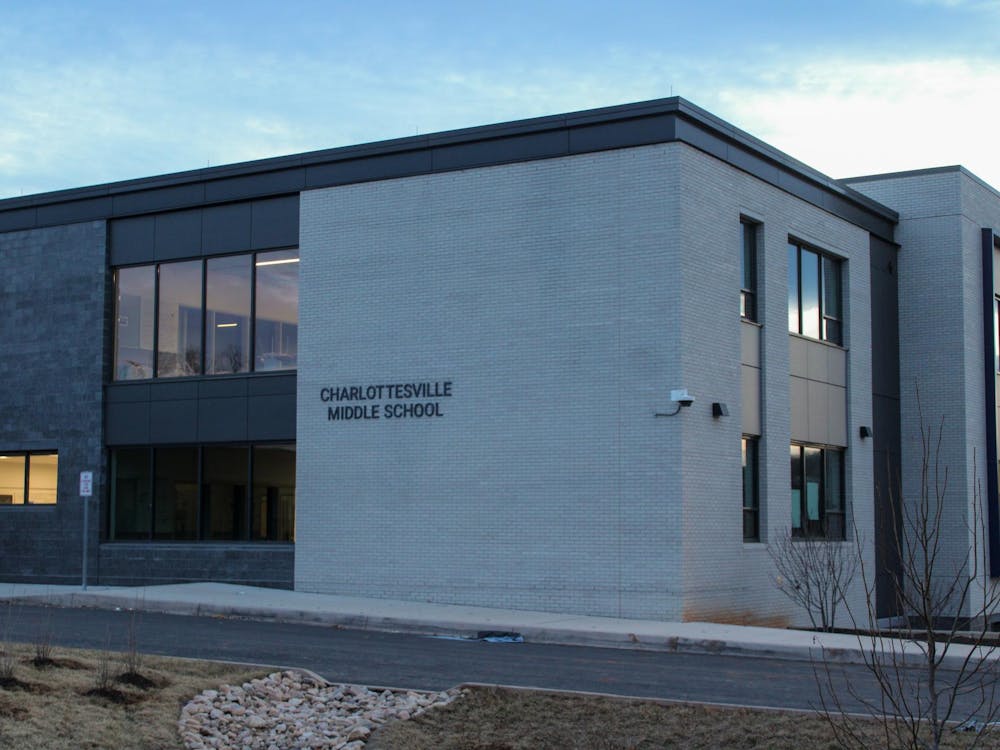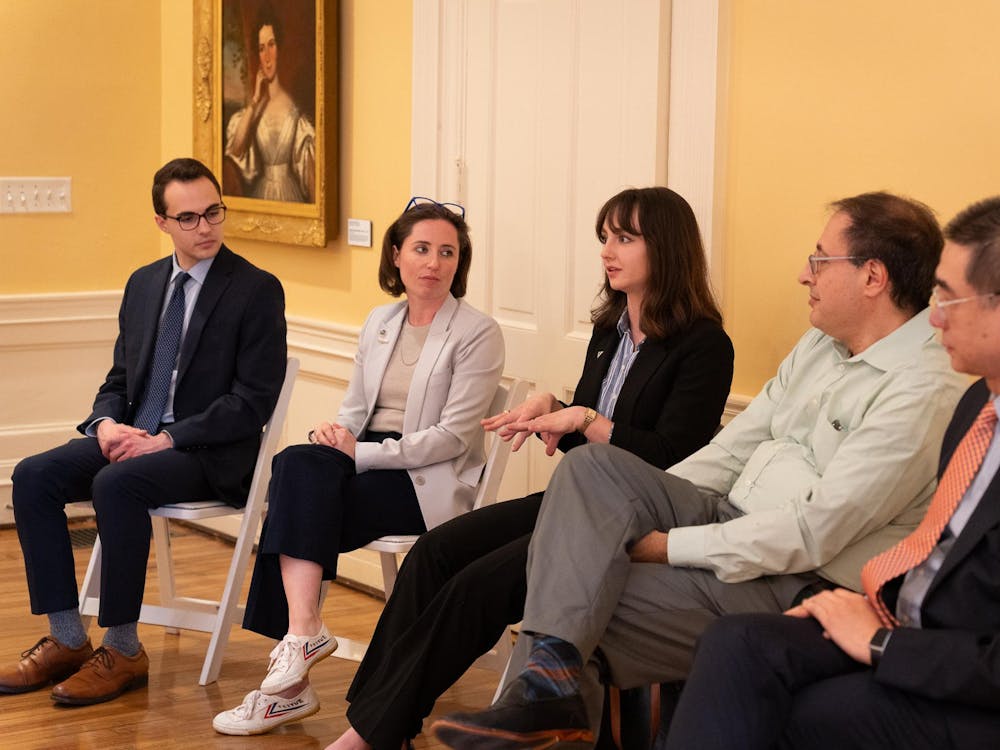University partnerships with outside scholarship agencies have long strived to make the University more affordable for prospective low-income students, offering an entryway outside of the realm of University aid programs such as AccessUVa.
This fall, the University added a partnership with the Posse Foundation to its longstanding work with QuestBridge, both of which are financial aid agencies that target students at the lowest income bracket.
At the Posse Foundation, students from a selected city who display academic and leadership potential are placed into 10-person “posses.” Partners of the foundation then extend four-year full-tuition scholarships to the Posse Scholars.
The first set of students, from the Houston Posse program, will come to the University as part of the Class of 2018, University President Teresa Sullivan said.
In addition to streamlining the financial aid process, such agencies offer counseling to chosen students and their families throughout the application process. The Posse program, unlike QuestBridge, also requires the University to offer specialized counselors to students once they come to the University, Dean of Admissions Greg Roberts said.
Such partnerships also aim to increase diversity within the student body.
“Questbridge and Posse are aimed at first-generation students, public school students in inner-city areas — kids who show great potential early in life but are not in a high-income area,” Sullivan said. “So we see those as helping us diversify in more than one way.”
These scholarship and aid programs have emerged at the height of a heated debate within the University community concerning the Board of Visitors’ August decision to cut all-grant aid packages to low-income students, instead requiring they take out loans as part of any financial aid package. AccessUVa’s annual cost runs more than $40 million, and the move is expected to save roughly $6 million annually once implemented.
But Roberts said need-based aid remains a top priority for the University, rather than merit-based scholarships.
“There are some schools that have chosen to focus money on merit-based scholarships,” he said. “It is a philosophical difference between schools. We choose to focus our money on financial need, and I think the University partnership with organizations like Posse and QuestBridge illustrates that.”
The few merit-based scholarships offered by the University come from philanthropic donations, Sullivan said.
“Our biggest merit-based aid program is the Jefferson Scholars,” she said. “I don’t control that program and don’t have access to their money. We have a lot of donors who like this program because it brings in top scholars.”






